Being investment ready for climate resilience
While climate resilience assessment tools help cities understand their risks, adaptation projects often need a final push to become a viable investment opportunity.
It anticipates, prevents, absorbs, and recovers from shocks, especially those from rapid environmental, technological, social, and demographic changes while strengthening response systems and addressing the needs of vulnerable groups in our society.
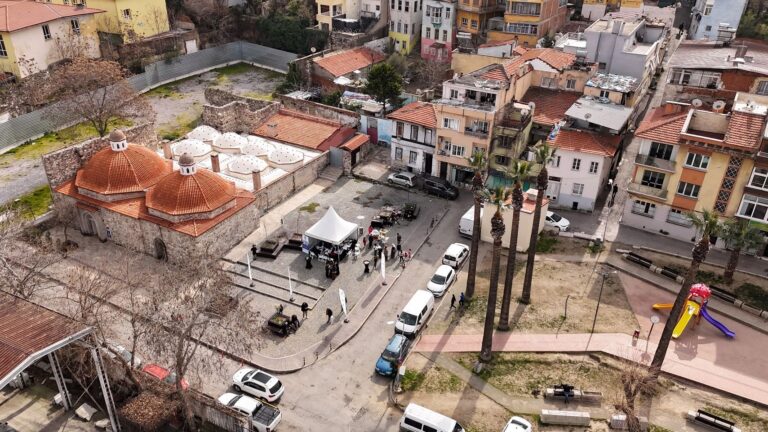
While climate resilience assessment tools help cities understand their risks, adaptation projects often need a final push to become a viable investment opportunity.
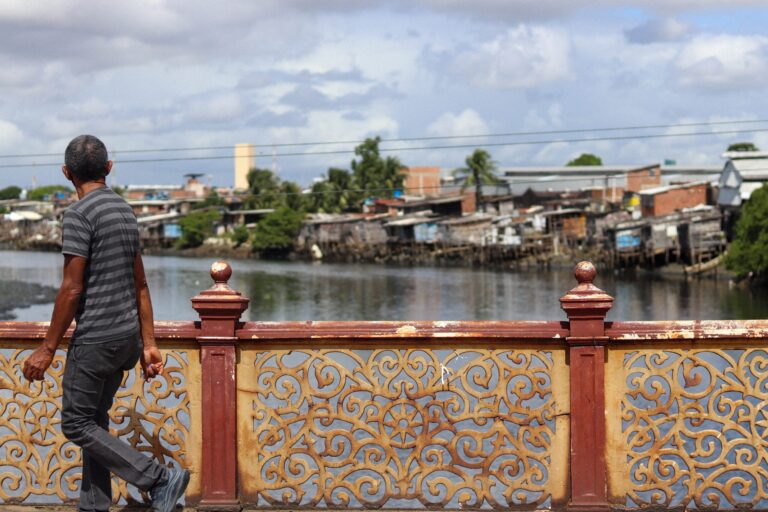
The Urban Infrastructure Insurance Facility (UIIF), introduces an innovative way for cities in Latin America and the Caribbean to access climate adaptation financing, including the insurance market, collectively pool risk, and protect critical infrastructure and vulnerable populations.

Food systems, by their very nature, cross boundaries. That’s why FoodCLIC is expanding both the sectors of knowledge involved and the geographies engaged.
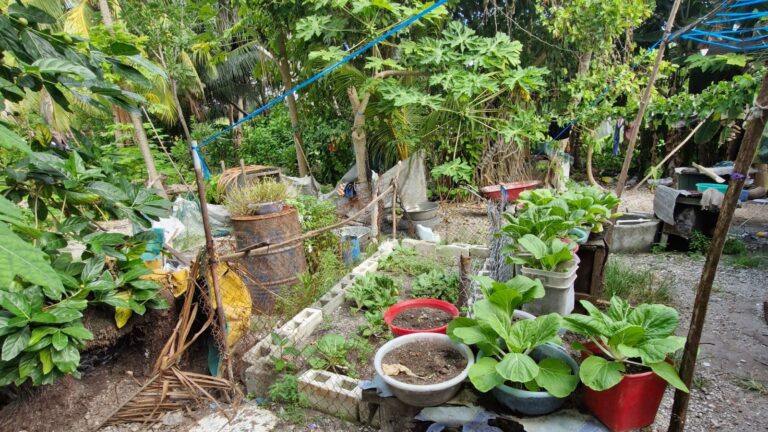
Through the IKI-funded Blue-Green Development in Kiribati project, communities in South Tarawa pair local know-how with practical tools to boost food security and strengthen resilience, proving that land-based, nutritious food systems can thrive even in fragile atoll landscapes.
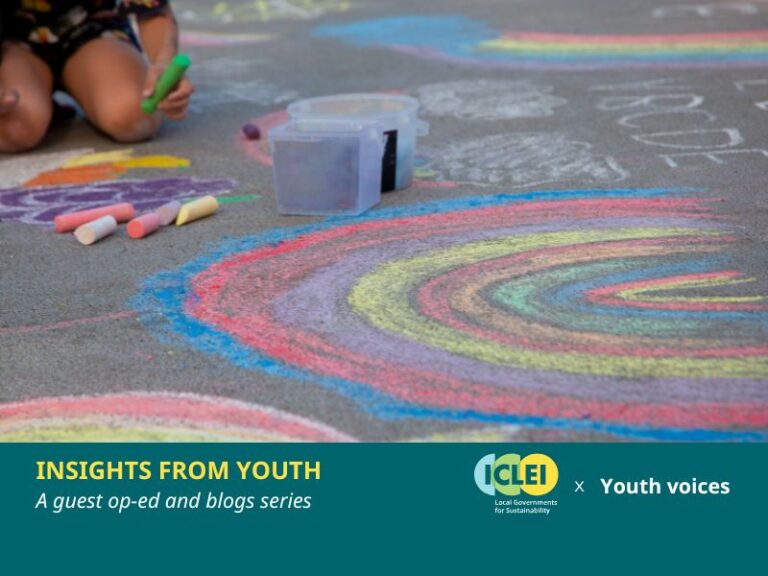
Building child-friendly cities is a climate adaptation strategy. In Austria, Graz and Feldbach prove it works.

In fiscal year 2024, ICLEI Members in Japan engaged in various activities connected to ICLEI’s five pathways toward sustainable urban…
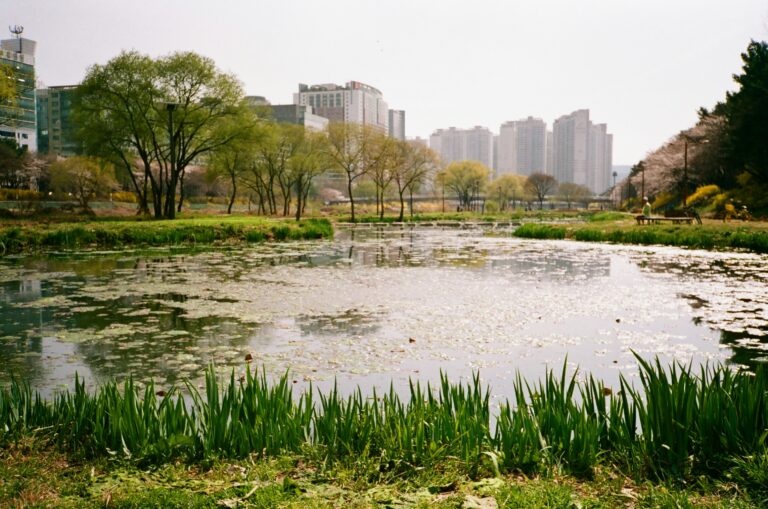
Water is a “blue thread” connecting human rights, the SDGs, and the three Rio Conventions on climate, biodiversity, and land. Embedding water resilience into urban planning is not optional; it is essential for climate-smart, inclusive, and livable cities, and local and regional governments are already delivering. Explore how we are supporting them to step up to the challenge and scale their impact.
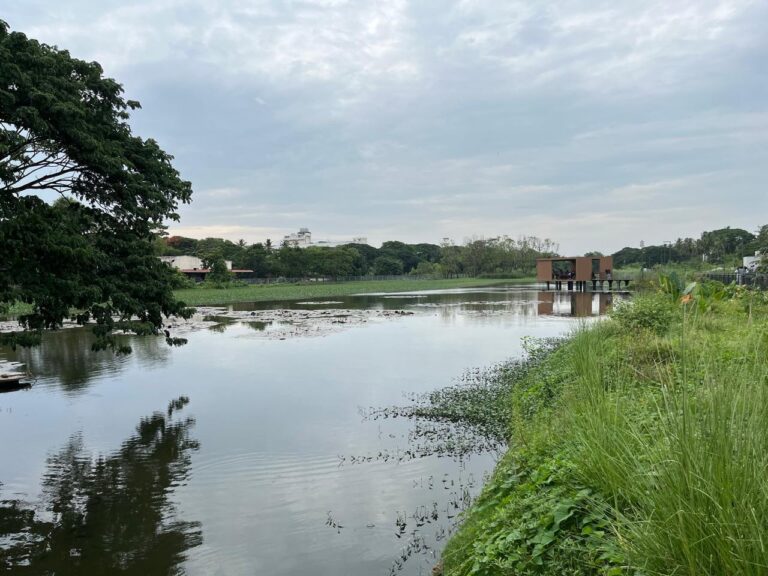
Once a parking lot and dumping ground, Chennai’s first wetland sponge park is leading the way for a climate-resilient city. Today, it functions as a natural water treatment system to manage stormwater and prevent floods, proving the power of nature-based solutions in shaping sustainable, thriving communities.
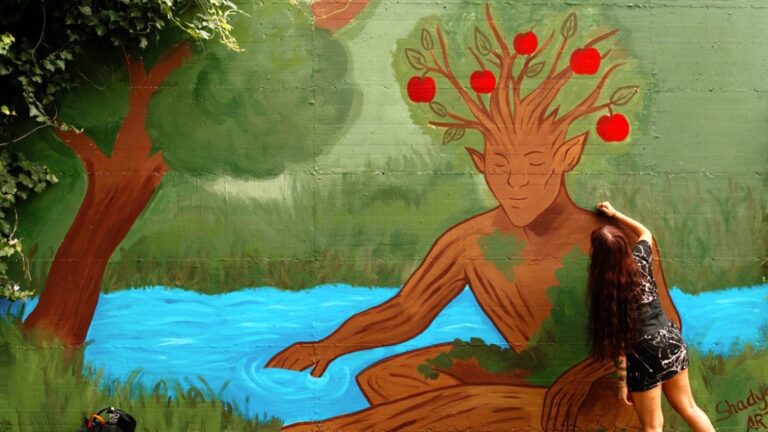
International Youth Day – on 12 August – is a chance to reflect on how youth are advancing multilateral cooperation through technology and partnerships. In particular, we will look at the example of the AfriFOODlinks Youth Ambassadors.
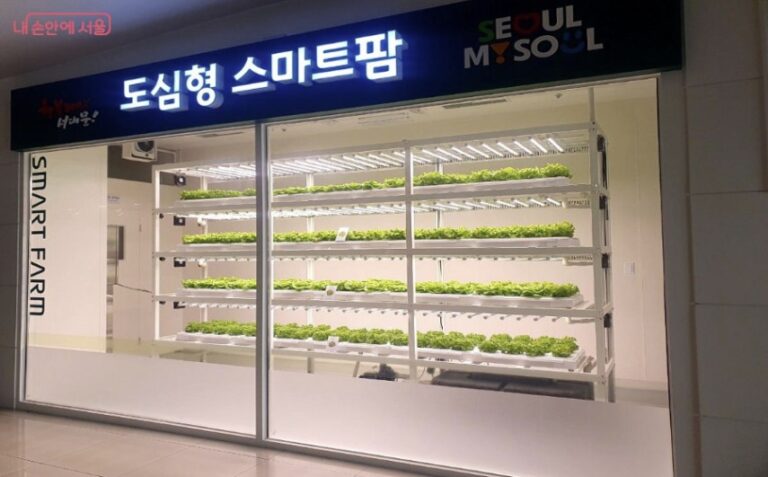
From subway-grown vegetables to instant wildfire alerts, Seoul, Republic of Korea, is making AI work in everyday life.

Feeling the heat? So are our cities, and they’re taking action. On Heat Action Day, we spotlight how local and regional governments are rising to the challenge through people-centered solutions to beat the heat.

As Türkiye braces for another summer of heatwaves and unpredictable storms, spaces like the Kadifekale community garden offer a green space that is not only public, but participatory.